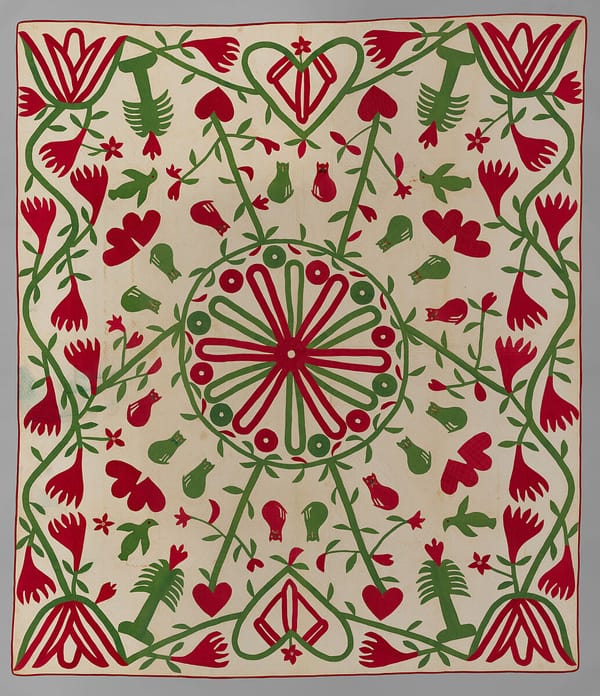You Don't Want What You Think You Want
We want to get into the mind of our prospect. What do they really want? It’s rarely the thing you are selling; it’s usually the result of the thing you are selling. The difference may seem subtle, but it’s huge. For (Location 726)
We don't want to use social media like YouTube and Twitter -- we like the status or potential route for income they provide. As a website owner, I spend a lot of effort trying to convey this to others, that long term gains can never be truly realized until the source of why you want to create is unearthed.
Another example from a different sphere:
- I want to go to this nice new bar in town, that has a $60 cover
- (subtext) I want to go to an exclusive club
- (subtext x 2) I want to be a person who feels wealthy enough to go to a $60 cover club
- (subtext x 3) I want to signal that I belong in a place like this by dressing up
- (subtext x 4) I want to fit in with people I want to be around
- (subtext x 5) I want to be loved
A quote often attributed to Henry Ford puts it well: “If I had asked people what they wanted, they would have said faster horses.” (Location 874)
^d533e6
Each one has different thoughts and feelings; each one has a different point of view. The programming in the mind — all of those agreements we have made — are not necessarily compatible with each other. Every agreement is like a separate living being; it has its own personality and its own voice. There are conflicting agreements that go against other agreements and on and on until it becomes a big war in the mind. The mitote is the reason humans hardly know what they want, how they want it, or when they want it. They don’t agree with themselves because there are parts of the mind that want one thing, and other parts that want exactly the opposite. (Location 488)




